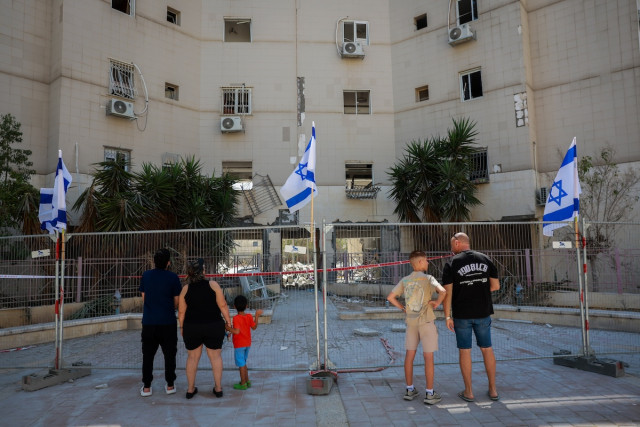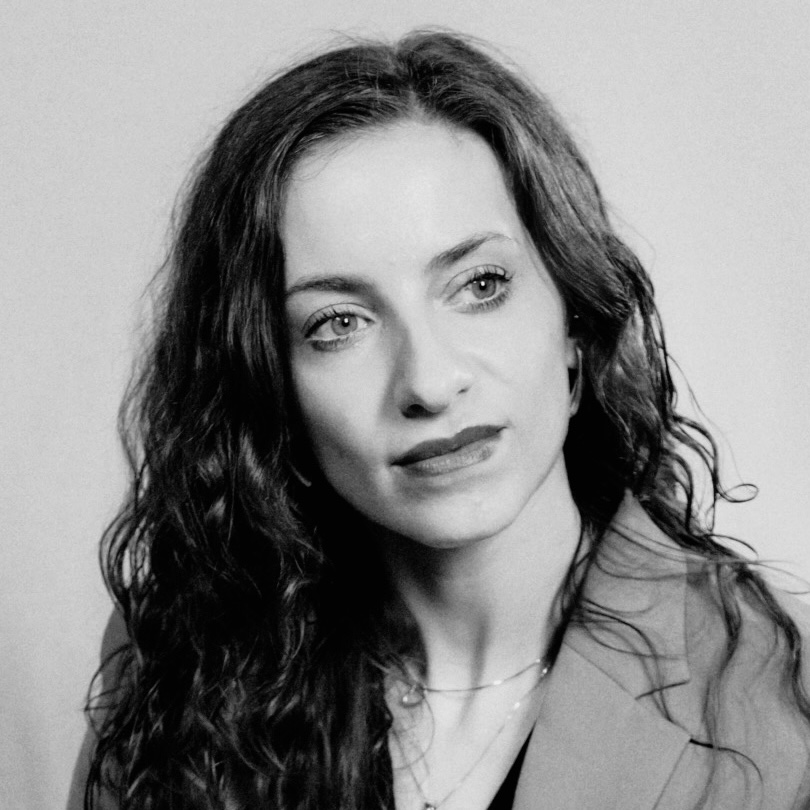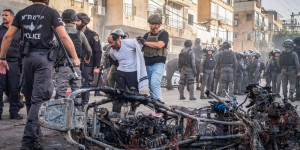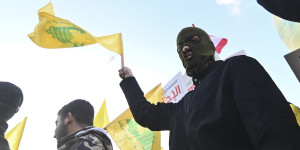Life within war: Lessons from Israel

When most people think about a country at war, they probably imagine a continuous atmosphere of panic, fear and a halt to life as one knows it. While this can certainly be true, depending on the entities who are at war, my personal experience of Israel at wartime has been life changing and actually in some positive ways.
Here are some of the most meaningful personal lessons I have learned from the people of Israel during wartime.
1. Calm Is Key
If you are around any Israelis and a siren is heard or an alert goes off on your phone and you begin to run to the shelter, one of the first things you might hear is, “Be calm. Don’t run. It will be ok” You’ll also notice the natives around you might even finish what they are doing before heading to a shelter (not recommended, but notable). Calmness is emphasized for the obvious reason that this disposition helps you think more clearly and remember the steps you need to follow in order to be safe. Also, running (unless you are truly out of time) could cause injury or could create a stampede if you are in a larger crowd. Knowledge of what to do when there are incoming missiles/drones/rockets helps facilitate calm and being calm helps make a tense situation a little easier to cope with.
2. Faith and Community Help Anchor
Although there are many self-defined “non religious” Israelis in Israel today, in the harshest of times you are still likely to hear them give praise to God for keeping them safe. IDF soldiers rally together to sing Psalms (Tehillim) on their bases and you’ll still find families keeping their shabbat traditions to the best of their ability, even under the strictest safety conditions. As much as Israel praises their military prowess in keeping the country safe, many still recognize that God is the true Keeper of Israel. And, if you want a summary of who Israel is as a nation, look at their communities when disaster strikes. First responders flood the scene to rescue, treat the wounded, and comfort, even animals. Strangers on the street help each other get to the nearest shelter, one neighbor invites another neighbor into their home who doesn’t have a shelter, they offer food, they offer a joke, they know there’s comfort in community. These are just some of many examples of the ways Israelis value, cling to and fortify it. Building and nurturing a community helps cushion the individual from the traumas of war.
3. Fear, Grief, Hope and Joy Mix Together
War can be a nervous system overload for many and some of the most intense emotions I’ve seen here in Israel are fear, grief and even hope and joy. Fear over what may or may not happen, deep grief over those lost in fighting or as part of civilian casualties and yet hope that fighting for loved ones, for home and for peace will yield victory and joy because there are still things to celebrate in life. In a very short span of time, Israelis will be staying safe in their shelters, deeply grieve and comfort one another at funerals, unite together to sing Am Yisrael Chai and celebrate a wedding or the birth of a child. Although overwhelming, this fear, grief, hope and joy can be held simultaneously.
4. Being Unbreakable Isn’t True Strength, Resilience Is
God made us to live and the drive inside each individual to survive and thrive are His fingerprints. It’s clear that the human spirit wasn’t made for war because of how destructive it is to individuals, communities and nations on nearly every level and for years after a war is over. No one exposed to war escapes some level of brokenness from it but what you do during and after tragedy and suffering will not only impact your identity but also your legacy. Israelis know this very well and that’s why they choose to rebuild again and again after they’ve been broken. As Israelis themselves have said they “choose life” and it's a tremendous example for the world to watch individuals, communities, and a nation rise from the ashes only to rebuild something better upon them.
Am Yisrael Chai!

Abby Sopher is a freelance writer and producer currently based in Israel.













